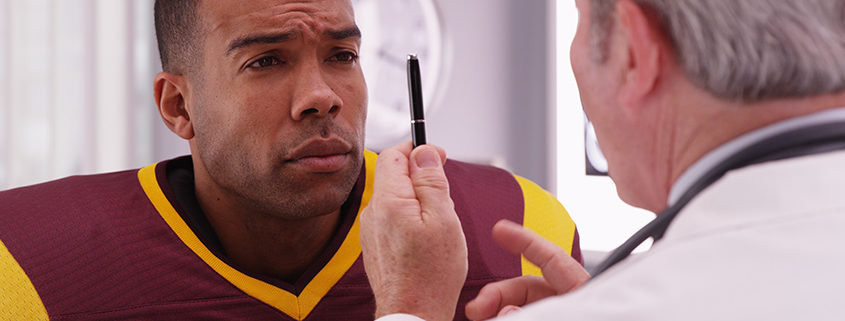Traumatic Brain Injury (TBI)
Brain injuries refer to a physical assault on the brain. However, it is more than that. Brain injuries affect us right to our very core – from daily tasks that we take for granted to relationships with loved ones. They can leave one depressed, lonely, and out of focus. While brain injuries are very common, they can be difficult to identify. That’s where we come in. Here at Pathways, we are interested in more than treating symptoms. We want to get your life back on track and help rebuild the connections that make your life meaningful, whether it is work, sports, or academics.
First, let’s take a look at common signs of TBI:
- Balance Deficits
- Forgetfulness
- Concentration Difficulties
- Slowed Mental Processing Speed
- Dizziness
- Fatigue
- Headache
- Visual Disturbances
- Tinnitus
- Amnesia
- Speech Problems
- Weakness
- Nausea
- Musculoskeletal Complaints
TBI can occur with or without the loss of consciousness.
Cause
Traumatic brain injuries are the result of physical assault to the head via blunt force, penetration, or explosion. The most common causes are falls, motor vehicle accidents, and assault from an object. The severity of TBI depends on this primary injury while the duration of TBI depends on individual circumstances. TBI can be life threatening and altering, but we are here to help at Pathways! Identifying the primary injury is a way for us to provide a personalized treatment plan, whether you are an athlete, veteran, student, or survivor of an accident.
Effect
TBI refers to the sustained symptoms that occur after primary injury to the brain. In many circumstances (~75%), these symptoms will be referred to by the umbrella term, concussion, which is by definition a mild TBI (mTBI). Most brain injuries can be classified as mTBI, with no long-term effects to cognitive ability persisting past three months. However, all brain injuries pose a significant risk and therefore, swift deliberate intervention is essential to maximize health, well-being, and a safe return to work and activity. Moderate to severe TBI’s can be life threatening. A neuropsychological exam is needed to assess the severity of injury and to help put an effective plan in place.


